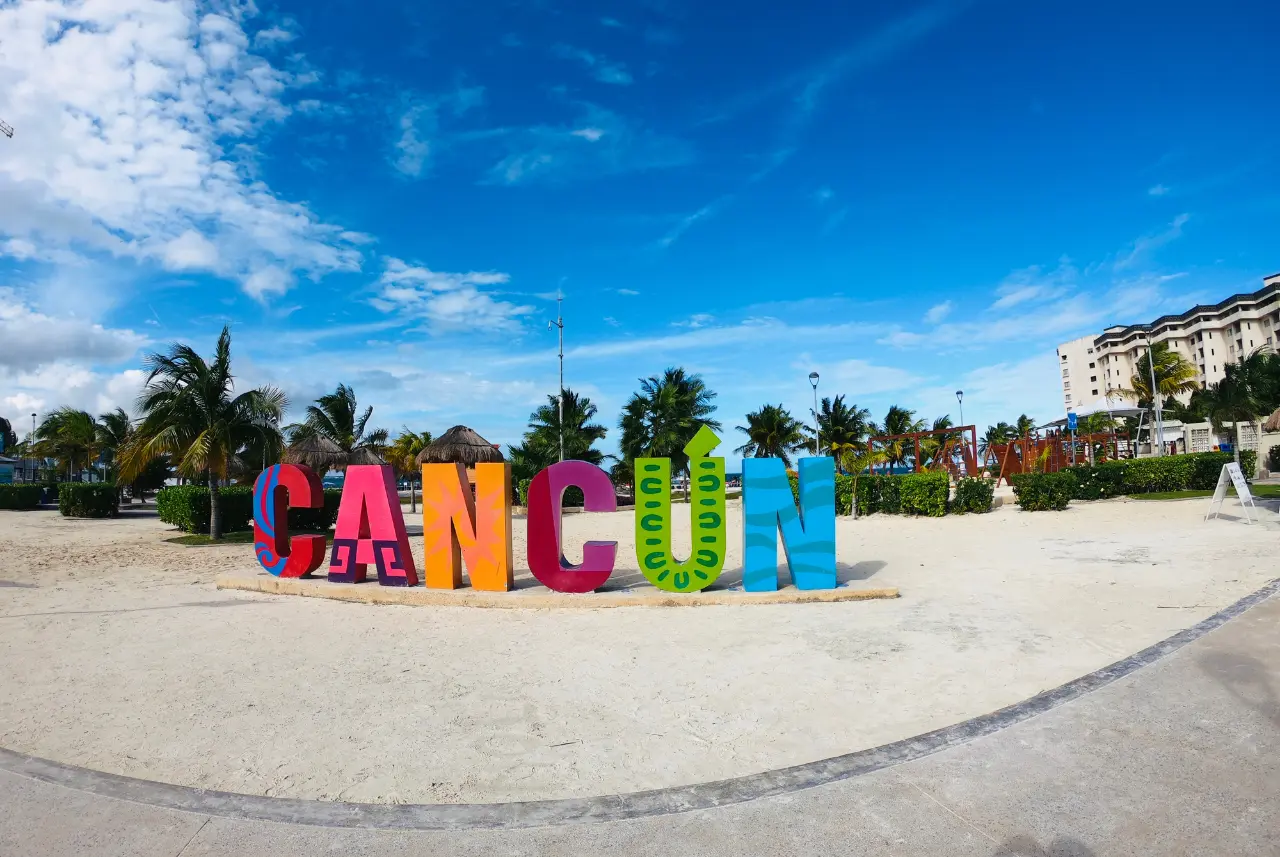
From September 1 to 5, the University of the Caribbean in Cancún hosted the Applied Tourism Research Congress (CIAT) 2025, an event that achieved record levels of participation and reinforced the role of research as a driver of innovation and sustainable development in Mexico’s tourism sector.
Representing Minister of Tourism Josefina Rodríguez Zamora, the Director General of Professionalization and Tourism Competitiveness, Mariana del Carmen Díaz y Maxil, emphasized that the congress is part of the Plan Mexico 2030, a national strategy that aims to position the country as the fifth most visited destination in the world.
“Mexico, and particularly its tourism sector, is a seedbed of researchers who generate ideas, solutions, and proposals for a fairer, more responsible, and more innovative tourism,” she stated.
The CIAT 2025 call for papers far exceeded previous editions: 1,748 attendees from 29 Mexican states and 40 international participants, along with representatives from 95 institutions of higher education, 10 of them international. In total, 96 academic papers were presented, 160% more than in 2024.
Participating universities included 35 national institutions and seven from Argentina, Brazil, Colombia, Costa Rica, Ecuador, Peru, and Uruguay, consolidating the congress as a continental benchmark for tourism research.
Unlike previous editions, CIAT 2025 integrated 16 thematic lines, including community tourism, accessibility and inclusion, climate change and sustainability, gender and tourism, as well as the use of technology and innovation to strengthen competitiveness in the sector.
In addition, 15 specialized books were presented and added to the collection of the CEDOC Tourism Documentation Center of the Ministry of Tourism (Sectur).
The congress also featured an expert panel that, for the first time, brought together representatives from the public, private, and academic sectors to analyze the challenges and opportunities of tourism research and its role in decision-making.
This year’s edition also introduced several innovations: 10 free training workshops to strengthen professional skills, the integration of the Quintana Roo State Department of Tourism into the Organizing Committee, a courtesy city tour provided by Grupo ADO, an artisan market with local producers, an inaugural cultural presentation by the Municipal Folkloric Ballet Company, the launching of the website www.seminariodeturismo.com, and a strategic alliance with Despegar, which offered participants discounts on lodging and transportation.
“Scientific research applied to tourism allows us to better understand the challenges and opportunities of the sector and provides evidence-based tools to guide decision-making. This is key for advancing toward a development model that integrates communities, respects the environment, and preserves our cultural heritage,” concluded Díaz y Maxil.
Related: Mexico Surges as the Second Most-Visited Tourist Destination in the Americas